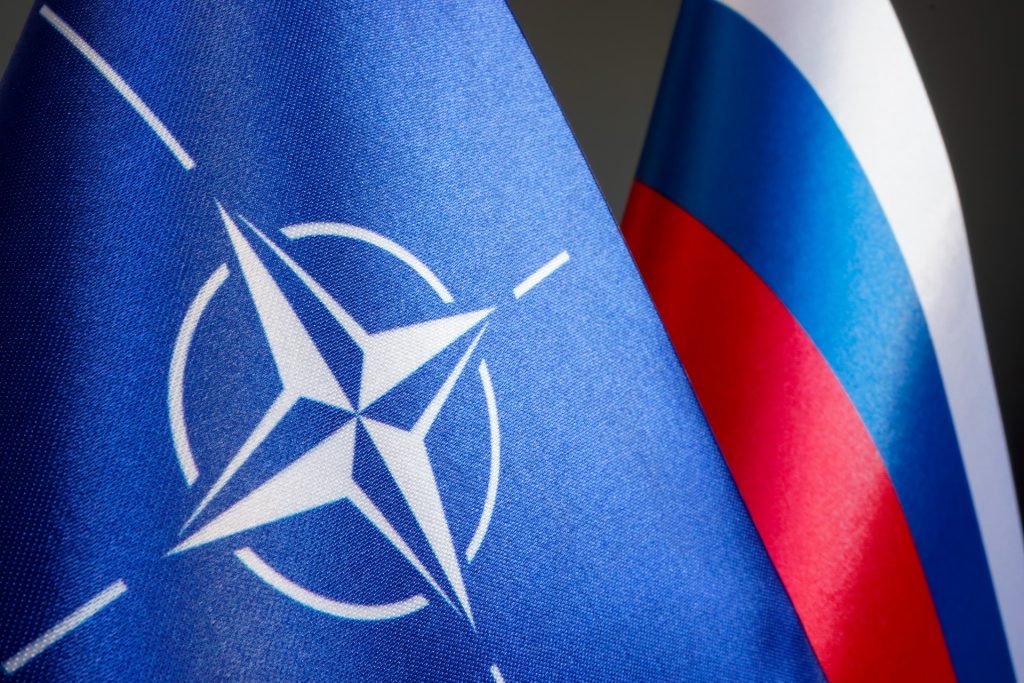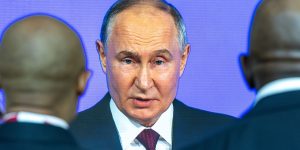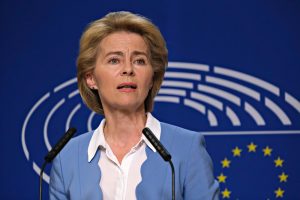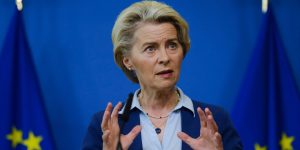Covert Tactics Used to Influence the Vote
Others are reading now
The role of disinformation and cyber campaigns in modern elections has become an increasing concern for democratic nations. As geopolitical tensions rise, efforts to manipulate election outcomes have taken on more sophisticated forms, often remaining undetected until after the damage is done.
Russian Interference in Romania’s Elections
According to NATO official James Appathurai, Russia orchestrated a secretive and long-planned campaign to influence the Romanian presidential election in November 2024.
As reported by Digi24, Russia relied on dormant social media accounts—created years ago and suddenly reactivated—to spread misinformation and sway public opinion.
Additionally, small-scale influencers were reportedly paid to insert pro-Russian narratives into their content, subtly endorsing candidates aligned with Moscow’s interests.
Also read
This covert approach allowed Russia to interfere without direct attribution, making the operation harder to detect. The election was eventually annulled, but Russian-backed candidate Călin Georgescu remains a frontrunner for the rescheduled vote on May 4.
Broader Hybrid Warfare Tactics
Beyond election meddling, Russia has intensified its hybrid warfare efforts across Europe.
Appathurai noted that sabotage activities, cyberattacks, and infrastructure disruptions have increased.
Incidents include train derailments, targeted arson, and even an assassination plot against the CEO of German arms manufacturer Rheinmetall, which supplies Ukraine with military equipment.
These tactics are part of a broader destabilization strategy aimed at weakening NATO countries and creating internal divisions.
Western intelligence agencies have expelled hundreds of Russian diplomats suspected of espionage since 2022, but Appathurai warned that Russian intelligence operations have since regained momentum.
NATO’s Response and Future Concerns
NATO has been closely monitoring Russian activities and is working to counter these threats by improving intelligence-sharing and reinforcing cybersecurity measures.
The alliance is also studying Russia’s disruptive actions in the Baltic and Black Sea regions, where energy and communication infrastructure remain at risk.
With upcoming elections in Germany and other European nations, concerns about further Russian interference remain high.
NATO officials stress the need for heightened vigilance, as Russia’s evolving tactics continue to pose a serious challenge to democratic institutions worldwide.








